OWP
Hand-Crafted Plush Cotton Pig Ornament-Recycled Fashions-Fair Trade-Guatemala
Hand-Crafted Plush Cotton Pig Ornament-Recycled Fashions-Fair Trade-Guatemala
No se pudo cargar la disponibilidad de retiro
Compartir
This bright, handcrafted plush cotton Pig ornament is sure to bring the joy and happiness of the season to your home this holiday. I mean really, what is more adorable and loving than an overstuffed fat plush Pig?
These cute cotton Pig ornaments are handmade by female artisans from the UPAVIM cooperative on the outskirts of Guatemala City. UPAVIM, which stands for United for a Better Life, is an 80-member artisan enterprise helping women through social and economic empowerment. In addition to training women in creating various handmade textiles, UPAVIM has established a school, a pharmacy, and a bakery within their cooperative.
- Measures 3” high x 3” wide x 3” long
Handmade in Guatemala and Fair Trade imported.
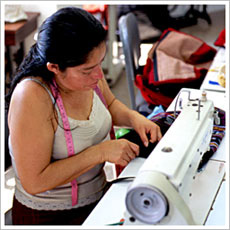
UPAVIM Crafts is a cooperative of women who live in marginalized communities on the outskirts of Guatemala City. The women in the organization are mothers, homemakers, widows and some have been abandoned by their families. Many of them are the sole bread winners for their families. Unidas Para Vivir Mejor(United for A Better Life, or UPAVIM) was established in 1989 to create jobs for these women and to establish facilities of health-care, education and other social issues to benefit the community they lived in. Over the years, UPAVIM has grown from a small community health project to about a 80 member business cooperative. The organization employs teachers, seamstresses, nurses, administrators, cooks, cleaners and secretaries each of whom is paid a fair wage and is linked to UPAVIM ‘s fair trade business.
Amongst some of the achievements, In 2002 the cooperative was awarded the best Non-traditional Textile Exporter award by AGEXPRONT, a national trade organization, also UPAVIM’s Montessori school was recognized by the Guatemalan government.
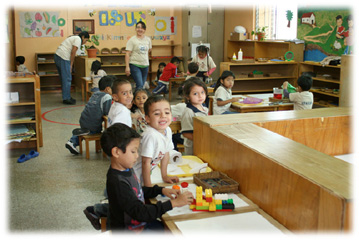
The main product line made by these women artisans includes bags, purses, wallets, aprons and holiday ornaments, most of these products are made from the traditionally woven Mayan textiles which are locally available. By procuring the traditional textiles, the organization also helps promote traditional weavers of the region and brings a local flavor and uniqueness to their products. This also cuts down the role of middlemen and creates a chain of fair wages and fair prices - from the weaver, to the seamstress, to the customer.
Apart from craft making, UPAVIM also initiated other small scale businesses which include a bakery, soy milk factory, and an internet center. The main aim was to increase the means of employment for the community members of La Esperanza, so that they can gain optimum benefits from the program.
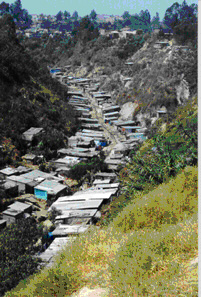 The cooperative is located in a squatter settlement called La Esperanza (Hope), where every day the communities faced various social challenges including gang violence, illiteracy, unemployment, malnutrition, alcoholism, child abuse and drug abuse. Even though the challenges for community growth in an area that receives little government attention may be high, but today after 2o odd years and initiatives by UPAVIM and the women, the conditions have changed for the better in this “City of Hope”.
The cooperative is located in a squatter settlement called La Esperanza (Hope), where every day the communities faced various social challenges including gang violence, illiteracy, unemployment, malnutrition, alcoholism, child abuse and drug abuse. Even though the challenges for community growth in an area that receives little government attention may be high, but today after 2o odd years and initiatives by UPAVIM and the women, the conditions have changed for the better in this “City of Hope”.
Sobre los artesanos
Sobre los artesanos
Ceramica Quinua, an artisan cooperative known for its social and environmental responsibility, offers steady work to six workshops and 36 families in Ayachucho, Peru. Ceramica Quinua is dedicated to decreasing the use of firewood to reduce deforestation, and as such, works primarily with clay, which is extracted from the land in a controlled manner to avoid erosion.
The artisans shape and fire their pieces in home-based workshops during their nine-hour workday. Children often sit in on the workshops during their free time in so they may learn the trade that's been passed from ancestor to ancestor. The organization also takes pride in offering health care for its craftsmen, and for sharing its environmental knowledge and conservation techniques with students at public schools.
The Quinua district is characterized by the eucalyptus and alder-scented atmosphere of its mountain and forest landscapes. The name Quinua is derived from the Qenwal plant, said to be comparable in beauty only to the Quinuin women. The unique flora and fauna that inhabit the territory are fast becoming a major tourist attraction. Unfortunately, deforestation and pollution from paint chemicals are threatening their existence.
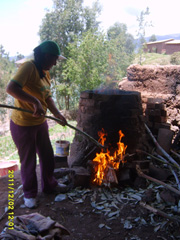
Materiales
Materiales
Dimensiones
Dimensiones
Información de cuidado
Información de cuidado
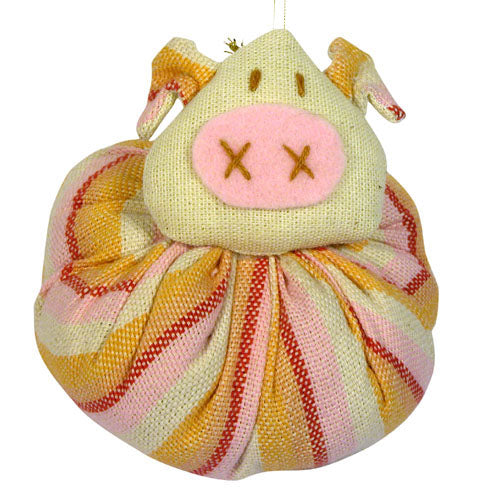
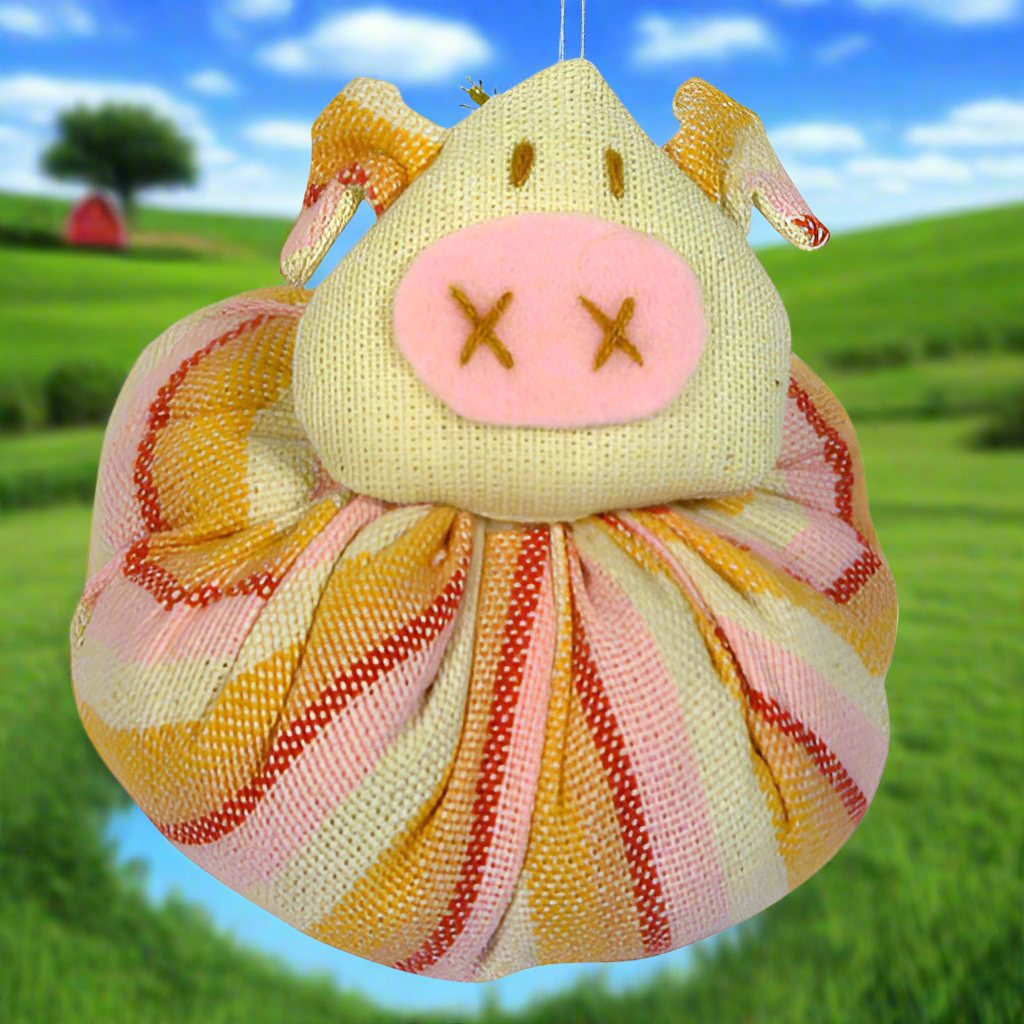
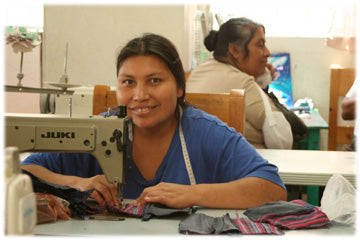
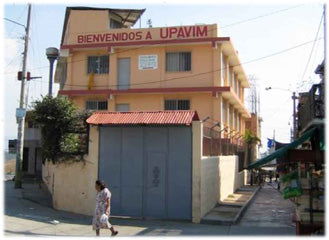
Suscríbete a nuestros correos electrónicos
Suscríbase a nuestra lista de correo para recibir noticias privilegiadas, lanzamientos de productos y más.




